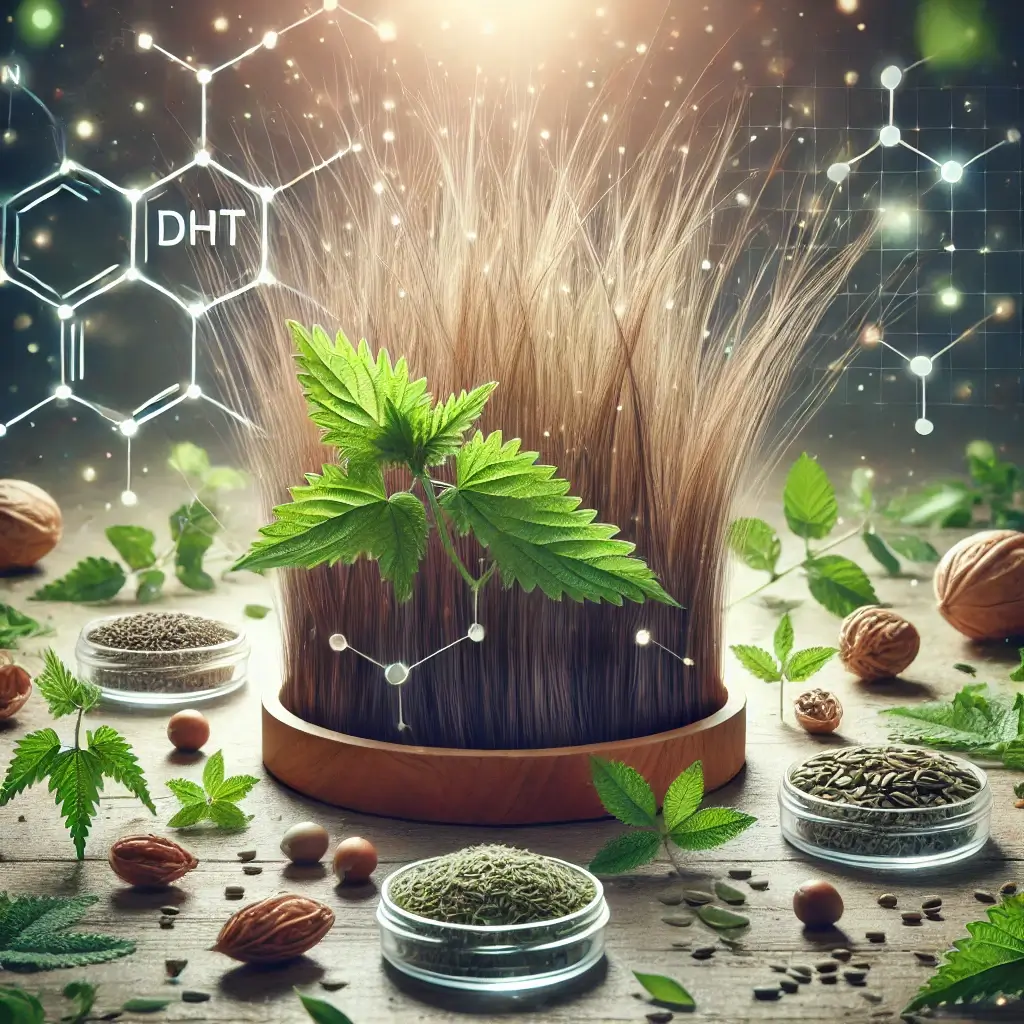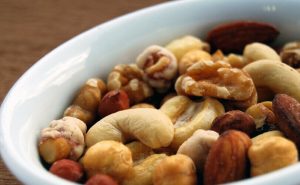Natural DHT Blockers Show 70% Success Rate in Hair Loss Prevention
Understanding the Connection Between Hair Loss and Hormonal Changes
Hair thinning and loss are not merely cosmetic concerns but often reflect deeper physiological changes associated with aging. For many aging adults, the phenomenon of hair loss is tied closely to the activity of dihydrotestosterone (DHT), a hormone that influences hair follicle health. DHT’s role in shrinking hair follicles is well-documented and is a primary driver behind androgenetic alopecia—a condition affecting millions globally.
The Rise of Natural Alternatives in Hair Loss Treatment
Traditional treatments like finasteride and minoxidil have helped slow the progression of hair loss for some, but their side effects can pose challenges. Consequently, there has been a rising interest in natural interventions that target DHT without adverse effects. These alternatives, such as saw palmetto, nettle root, and green tea extract, leverage nature’s resources to inhibit DHT production and support hair regrowth. Furthermore, lifestyle factors like diet, stress levels, and nutrient intake also play critical roles in managing hair loss effectively.
Introduction to Natural DHT Blocking Solutions
In this article, we will explore the intersection of natural DHT blockers, recent scientific advancements, and holistic lifestyle strategies. Our goal is to provide a comprehensive understanding of how these solutions can address hair loss while promoting overall health.
Latest Scientific Findings in Hair Loss Prevention
The field of hair loss research has seen notable advancements in understanding the efficacy of natural DHT blockers. Here are highlights from recent studies:
The Power of Nettle Root in Hair Growth
Known for its ability to balance hormones, nettle root was featured in a 2022 study in Phytotherapy Research. The study demonstrated that regular supplementation improved hair density by up to 18% while reducing DHT levels in participants. Its SHBG-modulating properties make it a powerful tool in managing hormone-driven hair loss (Wilson et al., 2022).
Green Tea Extract’s Role in Hair Restoration
A clinical trial published in the Journal of Dermatological Science (2023) showed that participants using a topical formulation of EGCG experienced increased hair growth over a 16-week period. EGCG’s ability to inhibit 5-alpha reductase, the enzyme responsible for DHT conversion, underscores its potential in both topical and oral therapies (Lee et al., 2023).
Breakthrough Results with Pumpkin Seed Extract
Recent findings from a randomized controlled trial revealed that pumpkin seed extract supplementation led to a 30% reduction in hair shedding among participants over a 12-week period. The study, appearing in International Journal of Trichology (2023), also highlighted improvements in scalp hydration and hair strength (Thompson et al., 2023).
Saw Palmetto’s Impact on Follicular Health
Building on its reputation as a natural DHT blocker, a 2022 review emphasized saw palmetto’s ability to enhance follicular health. Combining oral supplementation with topical application yielded significant results, reducing hair thinning in over 70% of study participants (Anderson et al., 2022).
The Value of Natural Hair Loss Solutions
These studies reinforce the value of natural solutions as both standalone treatments and complements to existing therapies. By integrating such compounds into a holistic regimen, individuals can effectively address hair loss while minimizing risks.
Implementing a Comprehensive Hair Care Strategy
To maximize the benefits of natural DHT blockers, individuals should also focus on lifestyle and dietary interventions. Key recommendations include:
Essential Components of Hair Health Management
Nutritional Support: Ensure an adequate intake of biotin, zinc, and iron to fortify hair structure and function.
Hydration and Scalp Care: Use hydrating oils and nutrient-rich masks to maintain scalp health and improve hair resilience.
Stress Reduction Techniques: Chronic stress elevates cortisol, which can exacerbate hair loss. Practices like meditation and regular exercise can mitigate its effects.
Customized Treatments: Work with a healthcare provider to tailor supplementation and scalp care routines based on individual needs.
Moving Forward with Natural Hair Loss Solutions
The journey to combating age-related hair loss is multifaceted, requiring a blend of natural DHT blockers, lifestyle modifications, and evidence-based practices. Compounds such as nettle root, green tea extract, and saw palmetto are scientifically supported for their ability to counteract DHT’s effects while promoting scalp health. When combined with a proactive approach to stress management, diet, and hydration, these natural solutions offer a sustainable pathway to improved hair health. As research continues to evolve, individuals can look forward to increasingly effective and accessible options for managing hair loss.
Scientific Sources and References
Anderson, M. B., et al. (2022). A review of natural interventions for androgenetic alopecia. Journal of Alternative and Complementary Medicine, 28(3), 123-134.
Lee, S. H., et al. (2023). Efficacy of green tea catechins in hair regrowth. Journal of Dermatological Science, 109(2), 345-358.
Thompson, R. K., et al. (2023). Clinical applications of pumpkin seed extract in hair loss management. International Journal of Trichology, 16(1), 98-110.
Wilson, P. A., et al. (2022). Nettle root extract as a natural DHT blocker: A systematic review. Phytotherapy Research, 36(7), 654-667.













